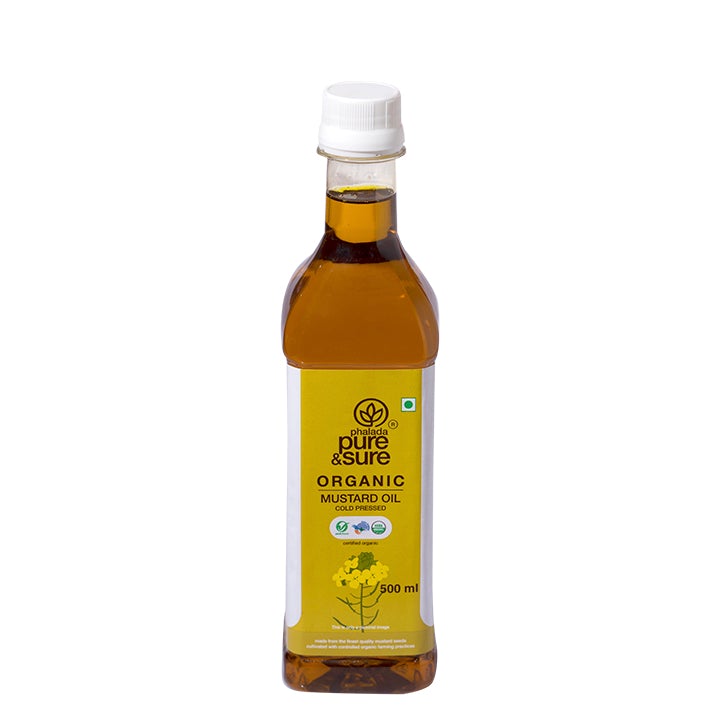
Incorporating organic cooking oils into your cooking can help you maintain a healthy source of fats and add versatility to your meals.
But choosing the right cooking oil can be a little confusing. After all, there are many varieties available and each one differs in terms of their heat roasting level, fat content and flavor.
Maintains a Healthy Source of Fats
One of the best ways to add versatility and flavor to your cooking is by using a variety of different oils. The choice of oils you use depends on a number of factors, including your cooking methods, flavor preferences and health goals.
The right oil for your needs can help you achieve all of these goals while helping to maintain a healthy source of fats. A good source of fats can make a world of difference in terms of skin and hair health, brain function, immune system performance and more.
To get the most out of your fat-based culinary endeavors, you should consider investing in a quality, organic cooking oil. As their name suggests, organic cooking oils are produced without the use of artificial chemicals, which can be a plus for your health and the environment. The production of a high-quality cooking oil also typically involves more sophisticated processes like cold-pressing, which helps to increase the oil’s antioxidant content and improve its taste.
Adds Versatility to Your Meals
Choosing the right cooking oil for your meals is an easy way to bring out flavor and make your food shine. From spicing up a grilled veggie sandwich to finishing off your artisanal bread, healthy oils can add a new level of depth and character to dishes you already love.
Fortunately, healthy oils aren’t hard to come by if you know how to shop and what to look for. Once you understand what makes a healthy cooking oil (in terms of its fat content, level of refinement and smoke point), selecting one that meets your culinary needs and nutritional goals becomes easier.
For example, if you’re looking for an affordable option that won’t break the bank but still delivers some great flavor and nutrition, look to organic grapeseed oil. This versatile oil is extracted from non-GMO grape seeds without the use of solvents and contains polyunsaturated fats and vitamin E.
Adds Flavor to Your Dishes
There are a wide variety of oils that can be used in cooking to add flavor to your dishes. Some have a neutral taste that won’t steal the spotlight from your other ingredients, while others will assert themselves and enliven your dish.
The choice of the right oil depends on your cooking preferences and budget. For instance, a high-oleic sunflower oil is heat-stable and healthy for most cooking tasks.
Some other popular oils include olive oil, canola oil, and sesame oil. All of these are great options for sauteing, drizzling, frying, and baking.
Organic cooking oils are produced without the use of chemicals, pesticides, and fertilizers. They also aim to minimize the use of synthetic inputs and reduce pollution.
While organic cooking oils can cost more than non-organic options, they are often healthier and more flavorful. You can find them at stores like BJ’s Wholesale Club, Costco, Target, Trader Joe’s, Walmart, and WinCo.
Keeps Your Food Fresh
Adding organic cooking oils into your recipes will keep your food fresh and flavorful. The main difference between organic and non-organic cooking oils is that they are grown without the use of artificial pesticides, fertilizers or other chemicals.
The other difference is the type of oil you use to prepare your dishes. There are different kinds of oils that perform differently in a variety of ways, from heat roasting to the amount of fat they contain and their flavor.
Cooking oils can start to oxidize when they're exposed to oxygen or light, which degrades their nutrient content and shortens their shelf life. This is why it's important to store them in dark glass bottles.
It's also important to avoid plastic bottles and other containers that let in a lot of air and sunlight. These can cause your oils to go rancid and taste bad quickly. Lastly, make sure you purchase organic oils, as these are often produced from seeds that are not genetically modified.
Frequently Asked Questions
Is organic produce healthy?
There are two types of foods; those we grow ourselves and those we buy from someone else. There are exceptions, but the majority of the time, both options will be available. Organic food is healthier because it doesn't contain any harmful chemicals, pesticides, herbicides, preservatives, or genetically modified organisms (GMO).
There are many supermarkets that sell organic food across North America and Europe. Organic food is now available in most grocery stores, making it easier to find organic foods.
Organic food is better tasting and healthier because it contains more vitamins and minerals. Organics are grown without using pesticides and fertilizers. They also don't pollute soil or water.
The USDA regulates organic farming practices. They require farmers to follow strict guidelines so that organic produce can be eaten safely. There are currently over 30 million acres of US farmland certified as organic.
As an added benefit, organic food is often much cheaper than conventional food. For the same amount, consumers pay less. Organic farms can charge less for their crop because they aren’t required to buy expensive chemical inputs.
In fact, according to the Environmental Working Group, organic food costs 10 percent less per pound than conventionally produced food. Organic food is an option if you want to improve your health and the health of your family.
Organic food has become a popular alternative to standard American diets. Many people believe that organic food can only be found in specialty markets or gourmet restaurants. This is false. Organic food is easily available in all regular grocery stores in the United States.
Recent years have seen a significant increase in organic food sales. In 2012, the US market value for organic food was $43 Billion. This is an increase of $21 Billion from 2007.
Do organic foods have health benefits?
Organic foods may not be healthy for everyone. There are certain health benefits to those who consume organic foods regularly.
Organic food does not contain artificial fertilizers or pesticides. It also doesn't contain fungicides. Organic produce does not contain harmful chemicals that could be harmful to the human body.
There are also fewer additives used during processing. You're more likely to eat organic products than you are non-organic.
Studies show that organic foods contain more nutrients and antioxidants than conventionally grown fruits and vegetables.
While organic farming is generally more expensive than conventional farming, they often produce better results. Organic agriculture encourages soil fertility, biodiversity and biodiversity.
This helps conserve water resources and protects against erosion. Organic farms do not require toxic chemicals to operate. They also use less energy and fuel.
Many people are concerned that organic food is more expensive than regular foods. However, prices vary depending on where you live. Organic apples, on the other hand, tend to be more expensive that conventional apples.
But, if we look at the total cost of a combination of both types and fruits, we'll see organic is much cheaper.
So should you go organic?
It all depends on your personality. It doesn't matter if organic food isn't for you.
Organic food can be purchased if you like good-tasting food. Organic food is safer than traditional commercial produce, as they are not subject to chemical pesticides, chemical fertilizers, or genetically modified organisms (GMOs).
Organic agriculture protects our environment by conserving natural resources and promoting biodiversity.
Which organic vegetables are the best?
Organic vegetables are the highest quality and healthiest food source. They are the best food on earth.
Organic produce is produced without pesticides or herbicides. These chemicals pose grave risks for our health and the environment.
Organic produce also contains more nutrients, vitamins, minerals, antioxidants, phytonutrients, enzymes, fibre, and essential fatty acids. They are healthier as we absorb nutrients more easily when we eat organics.
Organic vegetables taste great and are safe to eat. Consuming organic produce has no known side effects.
You can find organic fruits and veggies at any grocery store. As long as they are produced according to USDA guidelines (which means they meet the standards set forth by the United States Department of Agriculture), they are labelled "organic." If you cannot find organic produce at your local grocery store, check out online retailers such as Amazon or Walmart.
Why is organic food so important?
For our health, organic produce is crucial. It is the best option to ensure that we eat nutritious food. It's healthier for us as well as more environmentally-friendly because it doesn’t rely on pesticides, fertilizers, or other chemicals.
Organic farming uses natural methods for growing crops without using harmful chemicals. This makes organic farming safer for both humans and animals. Organic food is a way to help the environment and protect yourself.
But organic food offers more than just health benefits. We all know how toxic processed food can make you feel. Organic fruits and vegetables aren’t subject to chemicals spray. That means that they taste fresher, look brighter and last longer too.
It's because organic is healthy for you and the planet. Because it's not only healthy for you, it's healthier for the world.
Statistics
- To provide the highest quality products and services to every customer, with a dedicated workforce that puts the customer first and takes the extra step to achieve 100% customer satisfaction and loyalty. (hollinsorganic.com)
- Nutrients like omega-3 fatty acids were up to 50 percent higher in organic meats and milk than in conventionally raised products.[3] (en.wikipedia.org)
- When packaged products indicate they are “made with organic [specific ingredient or food group],” they contain at least 70% organically produced ingredients. (usda.gov)
- Once certified by the USDA, it can fall into one of four categories: "100 percent organic", "organic," "made with organic ingredients," or "made with less than 70 percent organic ingredients. (en.wikipedia.org)
External Links
ecfr.gov
ewg.org
- EWG's 2022 Shopper’s Guide to pesticides in produce
- Clean Fifteen(tm), Conventional Produce With the Least Pesticides
sciencedirect.com
- Organic food and its impact on human well-being: ScienceDirect assesses the status quo as well as future research prospects
- Technical note: Simultaneous carotenoid and vitamin analysis of milk from total mixed ration-fed cows optimized for xanthophyll detection - ScienceDirect
ota.com
How To
How to save money on organic meat
Here are some tips and tricks that will help you save money on organic meat.
I will give you tips on where to find cheap organic meats and how much they cost per pound. You'll learn how to get the best from what you buy.
To eat well, you don't have to spend a lot. Sometimes it takes creativity to save money and eat well. Here's my list to help you keep food costs low while still enjoying all the health benefits of organic meat.
- Shop at wholesale clubs - Sams Club or Costco are great places to buy bulk foods such as chicken breasts and pork chops. These stores often offer discounts on large quantities of meat, up to 50 pounds, if you are lucky enough to be near one. This ensures that meat is not wasted. You can also freeze the meat if you buy it bulk.
- Shop around online - Tons of websites sell meat at discounted prices. Amazon, for example, offers Prime Pantry, a weekly deal that includes free shipping on orders greater than $35 There are also discounts on lamb steaks (lamb steaks), ground beef, pork loins, and beef roasts. It's simple to visit their website to view the latest offerings at different times.
- Look for a local farmer. They usually charge less than big-box retailers, as they don't have to pay large stocking fees. Plus, they know exactly what their animals ate and drank, so they know exactly what's inside their bodies.
- Look for meat cuts that are leanest - Lean meat is generally cheaper to cook than fatty meat. So, look for the leanest cuts. The most common ones are sirloin steak, tenderloin roast, top round steak, and flank steak. These cuts are low in fat and high-protein.
- Try new recipes - Don't be afraid to try new things! You can cut down on your grocery costs by starting to cook with ingredients you don't have before. It's possible to create delicious meals with fresh tomatoes, onions and garlic using olive oil, spices, and garlic.
- Remaining meat and poultry can be used for sandwiches, salads or soups. You can make quick meals or lunches from leftover meat.
So there you go! Here are some tips on how you can afford organic meat despite being on a strict budget. Are you able to offer any additional tips? Have any other tips for me about where to buy cheap meat?
Resources:
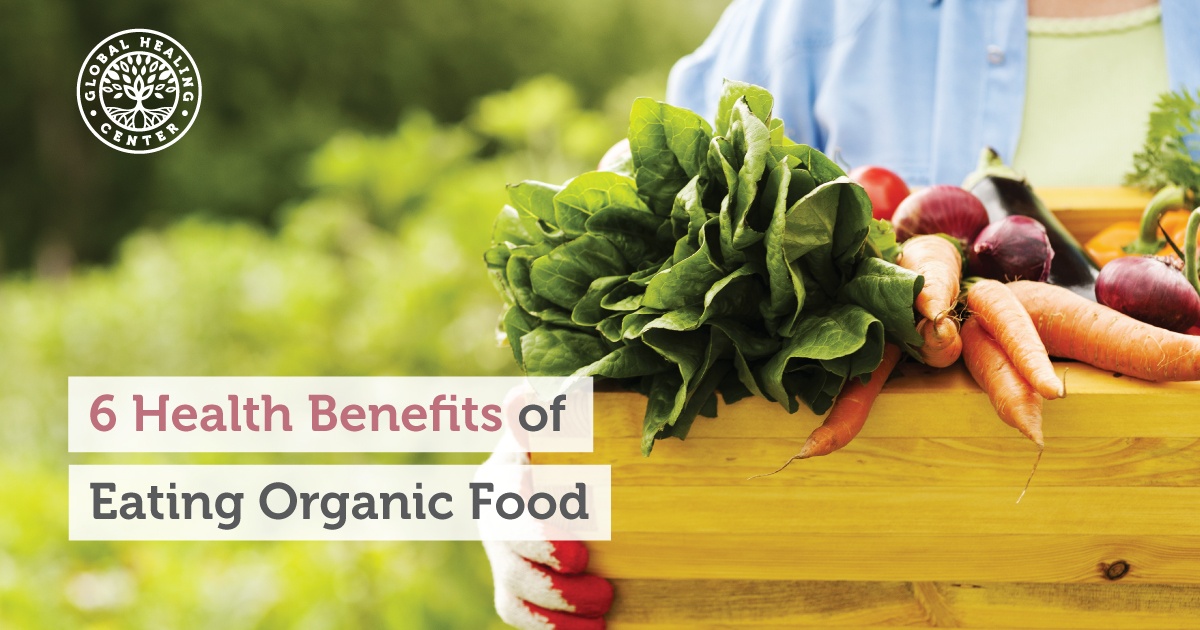 |
Nuts and SeedsNuts and seeds are nutrient-rich crunchy tidbits that add a protein, fiber and healthy fat punch to meals and snacks. They’re also a great source of.. |
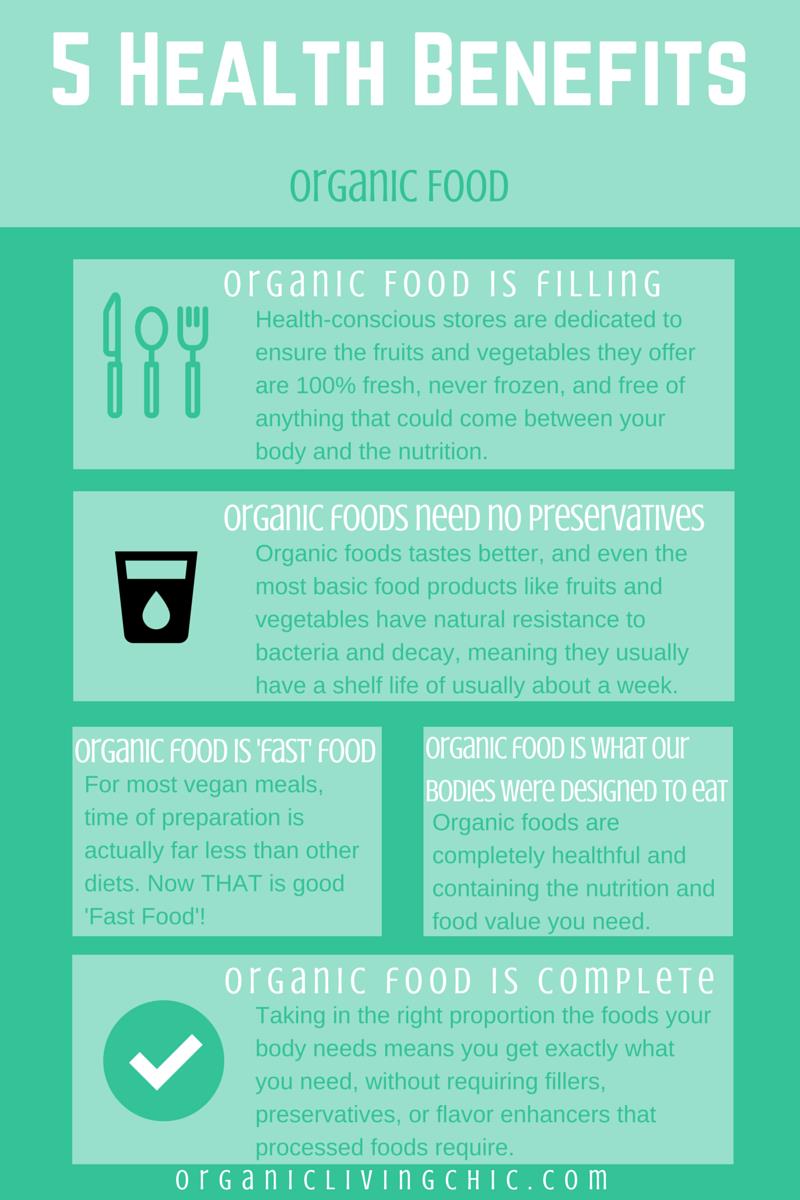 |
Organic Food For A Six Pack? The TRUTH About Organic vs Conventional Foods!Get ripped and keep your strength: http://goo.gl/uLzHn6 Hey guys, it's Clark over at Six Pack Shortcuts and today we're gonna talk about organic vs |
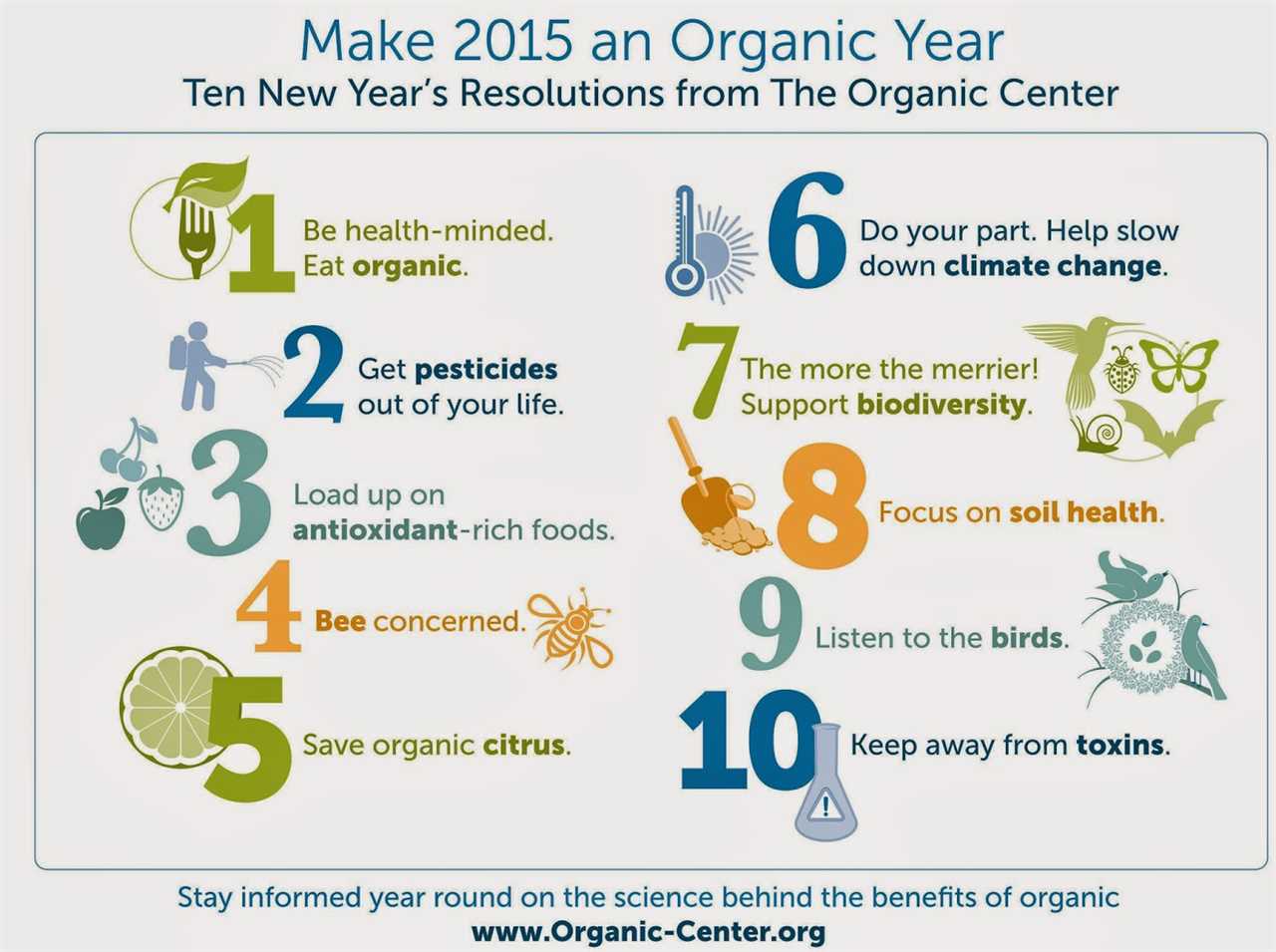 |
Organic vs Conventional Produce - The Dirty Dozen & Clean 15 ExplainedClick https://skl.sh/flavcitywithbobbyparrish to get 2 months of Skillshare for FREE! Here is a full review of the dirty dozen fruits and vegetables and |
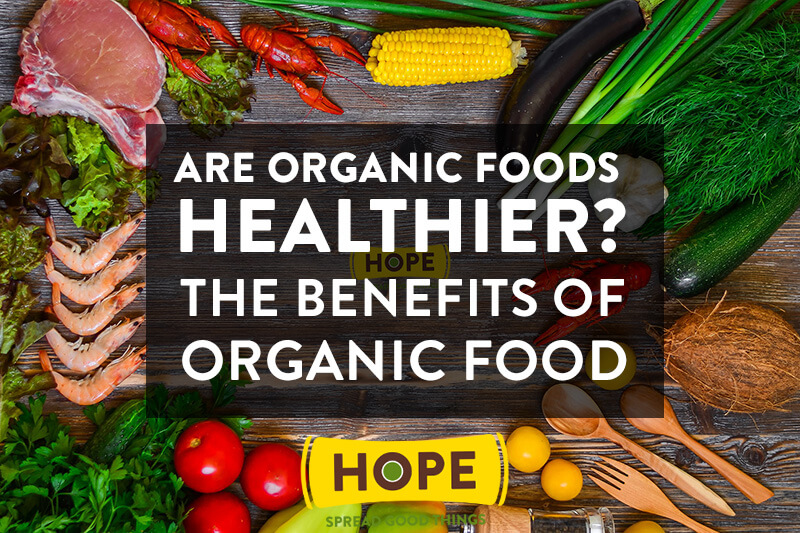 |
Are Organic Foods Really Healthier?It's widely believed that organic foods are more nutritious and safer than non-organic foods, even though the evidence is far from clear. Food certified as |
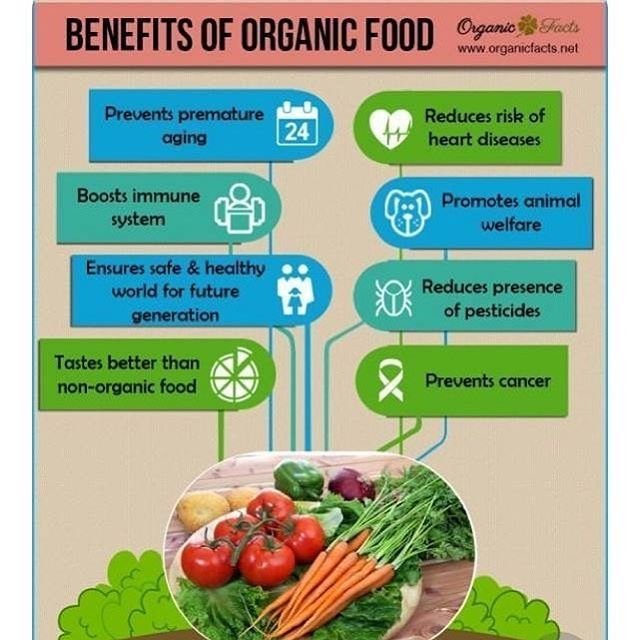 |
Are GMOs Good or Bad? Genetic Engineering & Our FoodAre GMOs bad for your health? Or is this fear unfounded? OUR CHANNELS German Channel: https://kgs.link/youtubeDE Spanish Channel: |
 |
How the food you eat affects your brain - Mia NacamulliView full lesson: http://ed.ted.com/lessons/how-the-food-you-eat-affects-your-brain-mia-nacamulli When it comes to what you bite, che […] |
 |
Is Buying Organic Food Worth The Cost?Subscribe to Goodful: https://bzfd.it/2QApoPk Goodful Goodful Feel better, be better, and do better. Subscribe to Goodful for all your healthy self care |
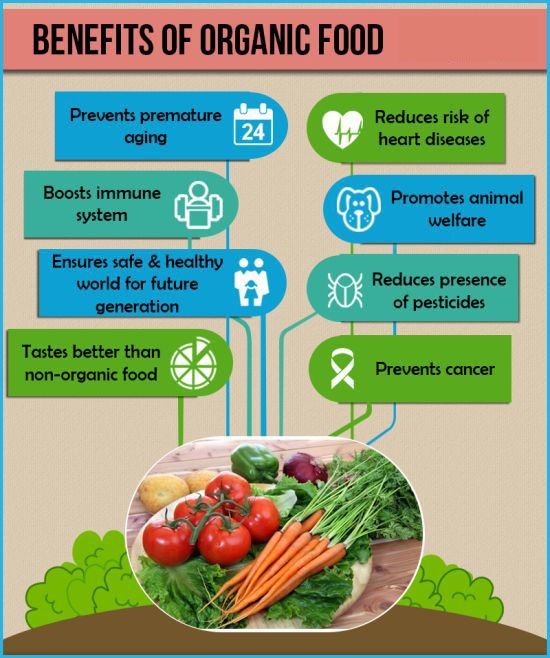 |
Benefits of Choosing Organic Gluten-Free OptionsIf you’ve been diagnosed with gluten sensitivity or celiac disease, you know how hard it can be to avoid foods containing wheat and other grains. But |
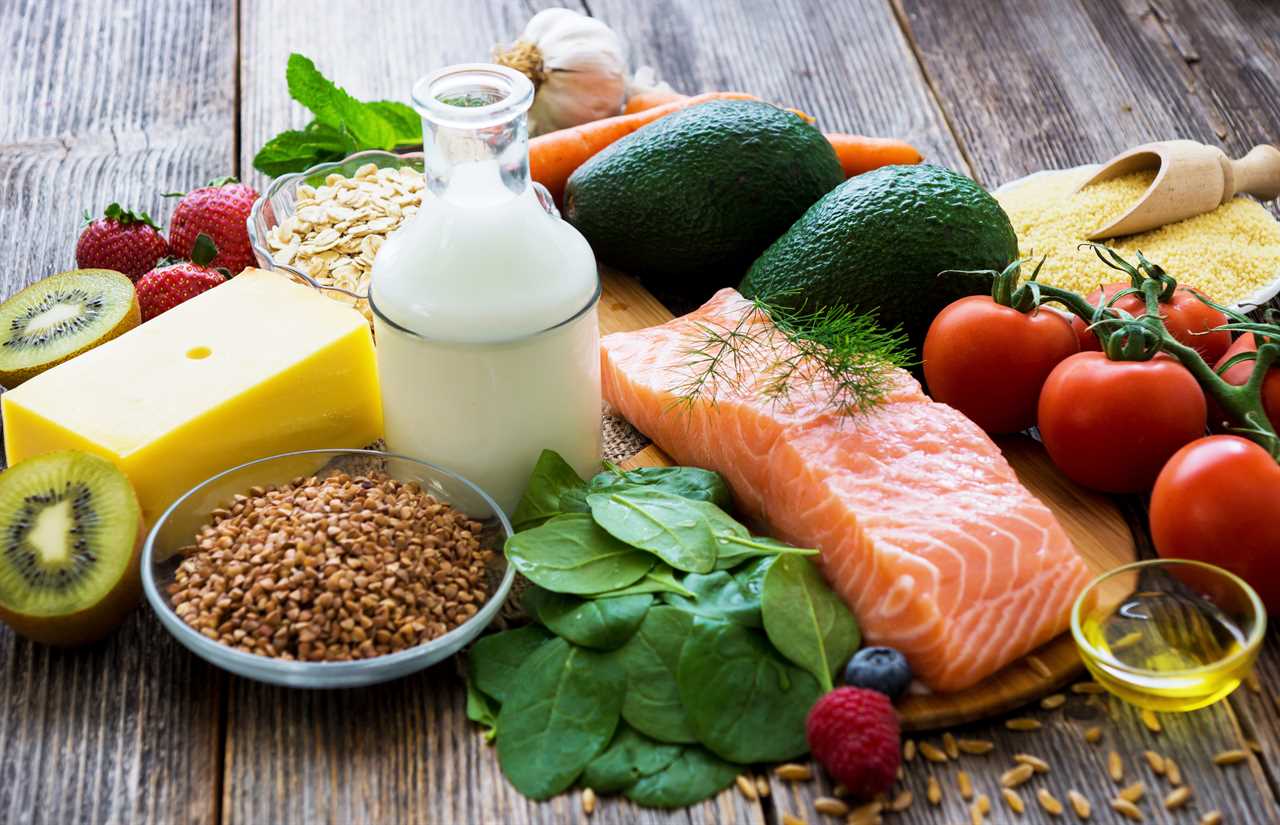 |
Joseph Wang LIVE (Bank Bailouts and Moral Hazards Deep Dive)buy my stuff Come to rebel capitalist live at https://rebelcapitalistlive.com Check out my private, online investment community (Rebel Capitalist Pro) |
 |
Organic Farming and Soil HealthOrganic farming practices promote soil health through crop rotations, symbiotic associations, cover crops and minimum tillage. These management.. |
 |
Research Reveals How Your Body Reacts When You Eat Only Organic FoodsThere is a growing belief that organic foods are healthier for us than non-organic foods. This ever-increasing belief is responsible for significant growth in |
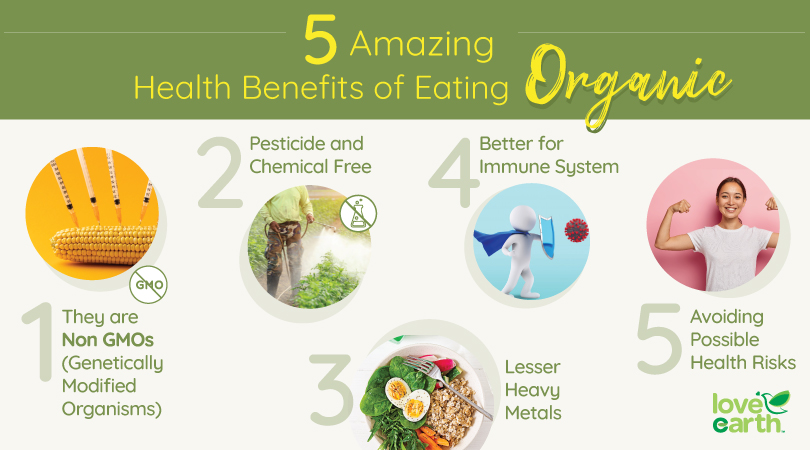 |
Stop Wasting Money on These ORGANIC Veggies (you don’t need to buy them organic)Click Here to Subscribe: http://Bit.ly/ThomasVid Get MY Recommendation on Groceries Delivered to Your Doorstep with Thrive Market: http: […] |
 |
If You Eat an Avocado a Day For a Month, Here''s What Will Happen to YouWhat Will Happen to Your Body If You Eat Avocado Every Day. The avocado is a unique fruit with multiple nutritional and health benefits. How would your body |
 |
Korean GardeningKorean gardening is one of the oldest ways to grow plants. It involves planting herbs, fruits, and vegetables that are used in kimchi, a type of.. |
 |
The Rodale InstituteThe Rodale Institute is a nonprofit organization that aims to support research into organic farming. It was founded in 1947 by J. I. Rodale, an.. |
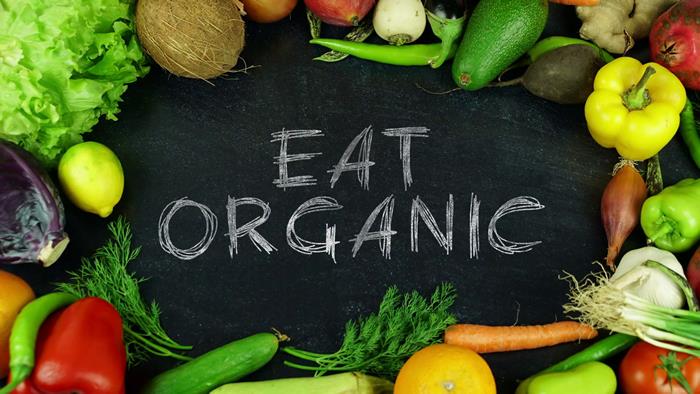 |
Organic eatingOrganic Cultur |
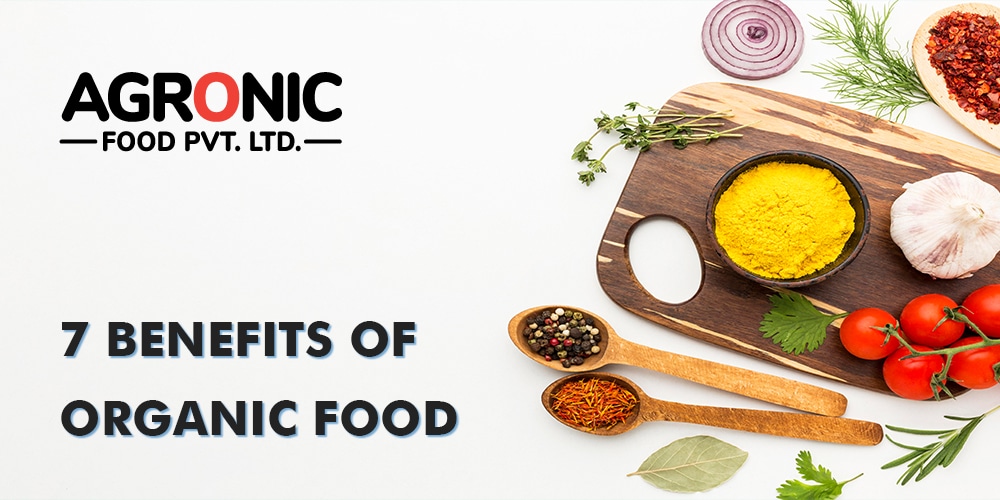 |
What is a Conventional Farm?Conventional farm is the term used to describe a farm that is not organic. It is a form of agriculture that is associated with better soil quality,.. |
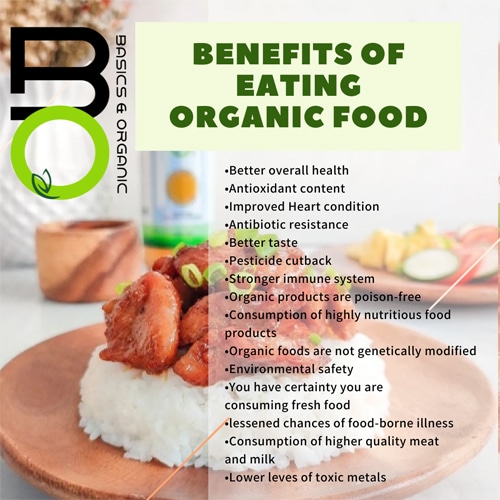 |
Chhattisgarh's Organic Farming SchoolsThe government of Chhattisgarh has started to introduce organic farming schools. This initiative is intended to provide the young generation with the |
 |
Can Organic Be GMO?The question Can organic be GMO is an ongoing debate among many consumers. While it's possible to eat foods that have been produced using genetic.. |
 |
When Did Organic Food Start?The answer to the question when did organic food start? will vary depending on the time period in which you are looking at. For instance, it may be a |
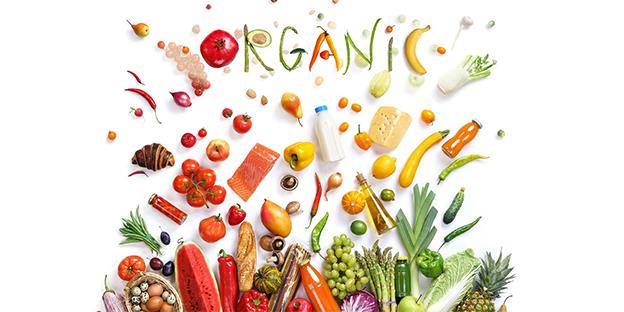 |
Organic Farming PrinciplesOrganic farming is a practice that is designed to be sustainable and healthy. Its principles include avoiding harms produced by industrial farming.. |
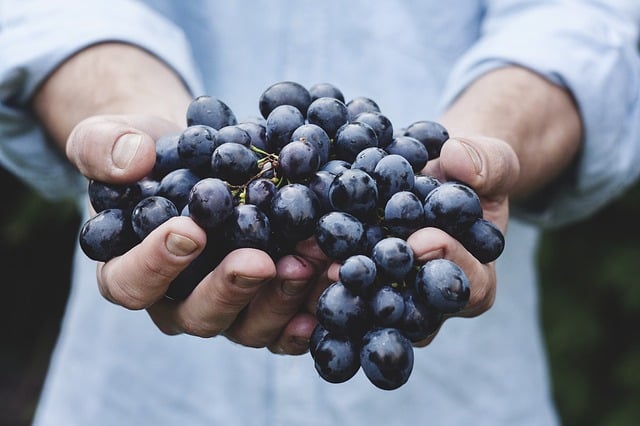 |
Soil Composition and BiodiversityThe soil that we have around us is a vital part of our lives. It is the home for many plants and animals. It also has a texture, a color, and many.. |
 |
The Benefits and Pitfalls of Organic Farming OrganizationsOrganic farming is an approach to farming that is not only ecologically sound, but also financially feasible. It is a method that is free from.. |
 |
Exotic VegetablesWhen it comes to vegetables, there are plenty of choices to choose from. Some of the most popular choices include broccoli, corn, carrots, and.. |
 |
Learn How to Become an Organic Farmer Through a Training ProgramIf you are looking to become an organic farmer, there are several ways you can do so. One option is to take a training program that will teach you.. |
 |
Benefits of Cover CropsIf you aren't familiar with cover crops, you may be surprised to learn that they are plants that are planted to grow on top of the soil to help.. |
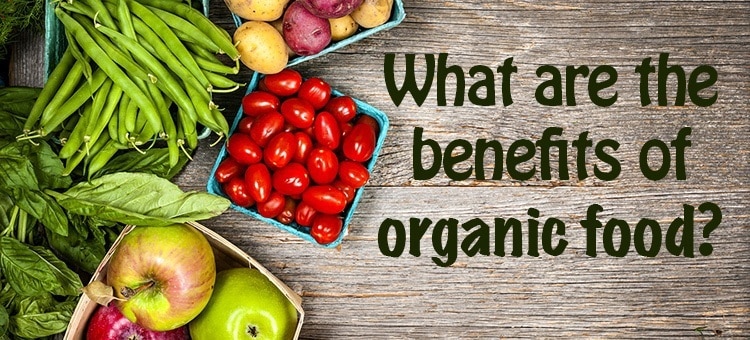 |
What is Organic Cotton?Organic cotton is the type of cotton that is grown without using pesticides or chemicals. It is also the type of cotton that is grown in subtropical.. |
 |
Is Organic Farming Beneficial to Biodiversity?Organic farming is a growing interest in the scientific community, and researchers have been investigating whether the practice is beneficial to.. |
 |
The Benefits of CompostingComposting your waste can be a very effective way of ensuring that your organic material is being broken down to the best of its ability. When.. |
 |
The Difference Between Organic Milk and Regular MilkOrganic milk is a type of milk that comes from livestock that is raised according to organic farming methods. This is a term that is regulated by.. |
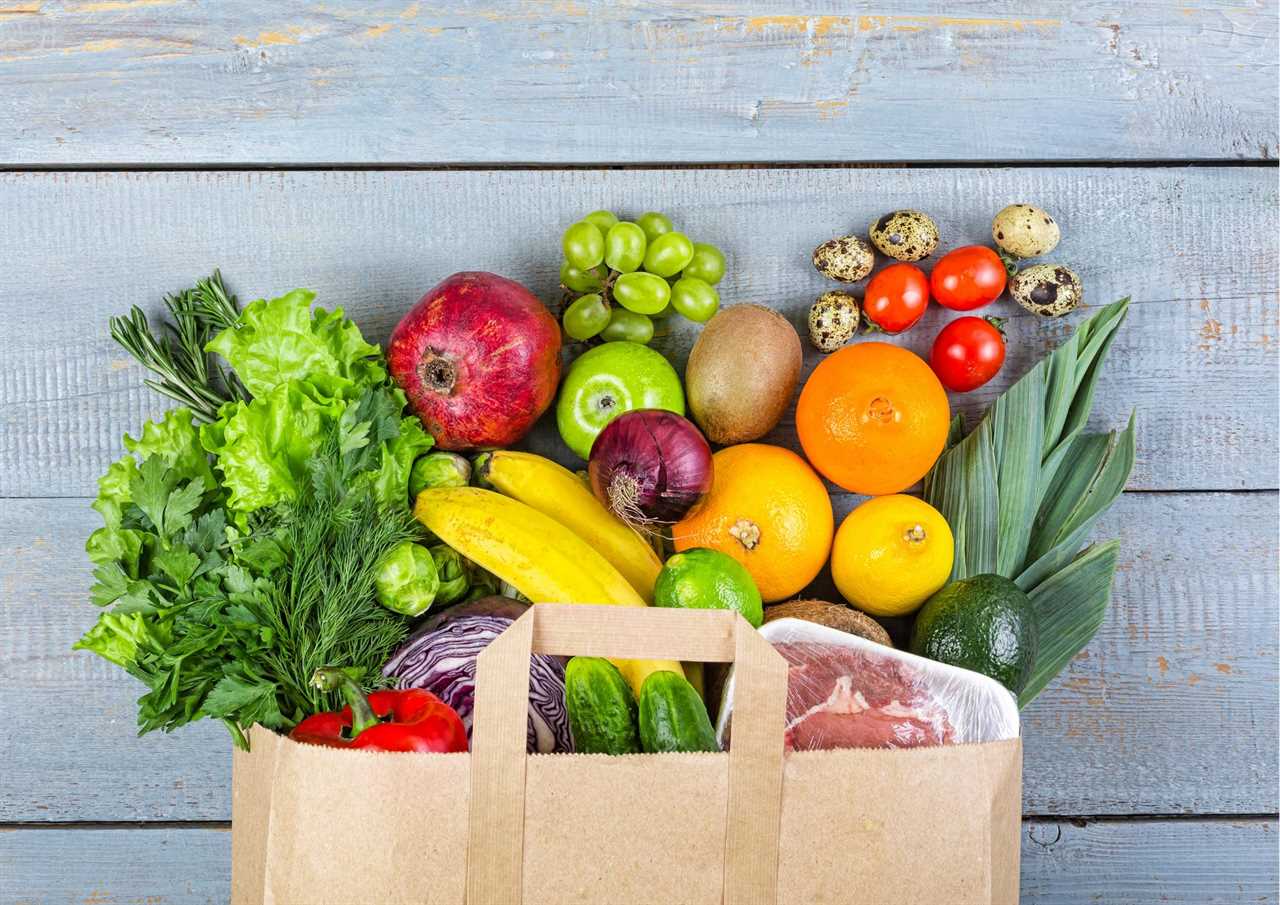 |
Organic Farming MagazineOrganic farming magazine is a resource that provides you with the latest information on organic agriculture, health, and sustainability. It also.. |
 |
The Latest Research on Organic | The Organic CenterResearched articles about eating Organic food |
.png)





